#ImizamoYethu: Our future doctors need your help
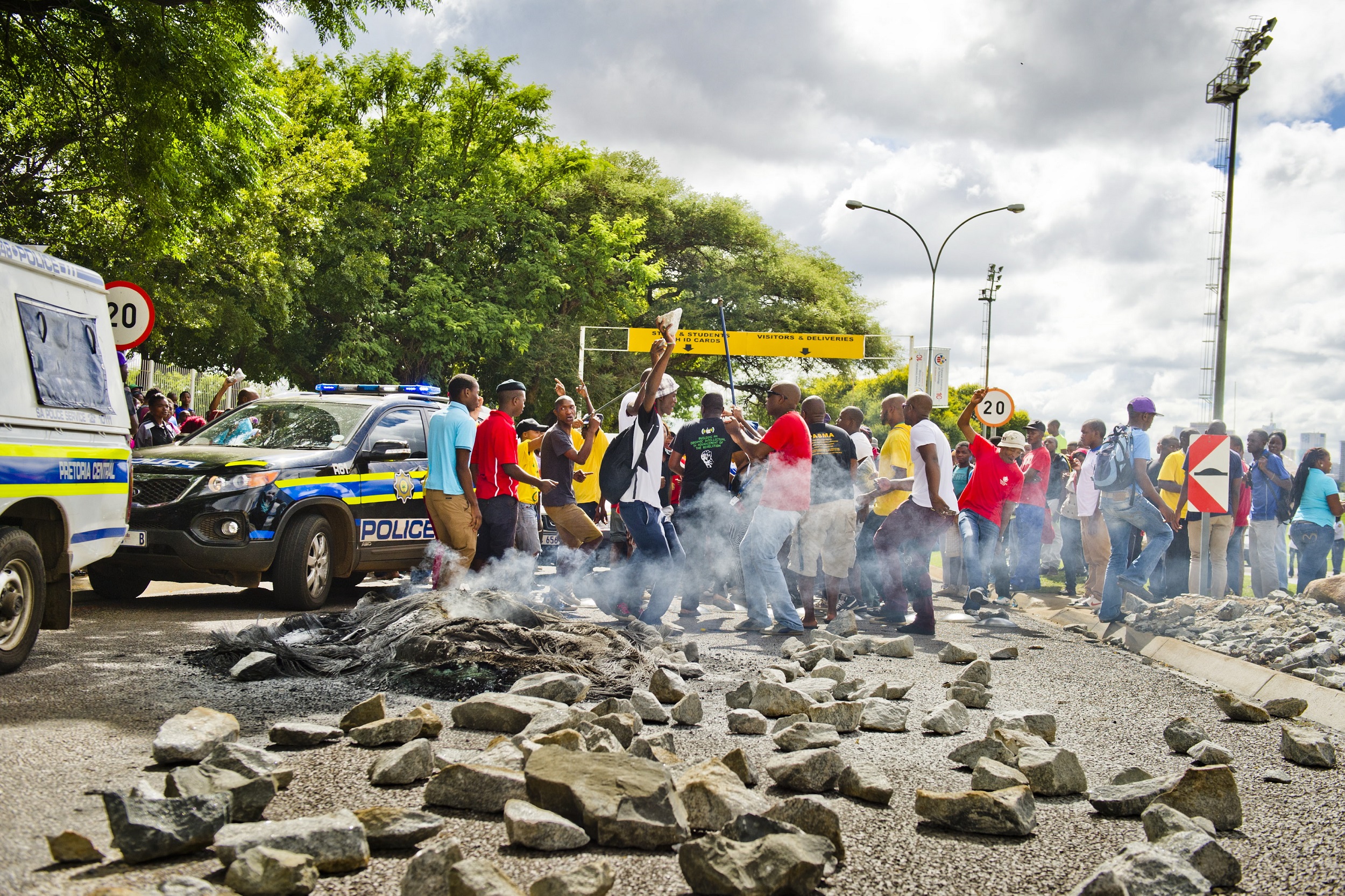
PRETORIA, SOUTH AFRICA – JANUARY 29: Tshwane University of Technology students protest on January 29, 2014 in Pretoria, South Africa. Students were protesting over the lack of funding from the National Student Financial Aid Scheme (NSFAS). This protest follows earlier student protests at the University of Johannesburg and Durban University of Technology. Students are demanding access to NSFAS for all deserving and qualifying students. (Photo by Gallo Images / Foto24 / Theana Breugem)
The necessity to increase the training of health professionals in South Africa remains urgent. Despite universities and institutions increasing the number of places at institutions for these degrees, it is saddening and distressing that many worthy and academically strong students find it difficult to continue their studies as they are unable to pay their fees or even afford basic necessities like toiletries or meals.
In 2013 there were just 25 state doctors and 92 private sector doctors per 100 000 people in South Africa. This is far below the world average of 152 doctors per 100 000 citizens. International counterparts such as Brazil (189) and China (194) are far ahead of South Africa in this aspect.
Needless to say, the importance of having enough health professionals cannot be overstated. As a developing country with millions of citizens living below the poverty line, South Africa still sees growing numbers of patients with HIV/Aids, tuberculosis, heart disease, diabetes and psychiatric illnesses, as well as victims of violent crime, a high mortality rate among children younger than five, and women who die during pregnancy.
Not forgetting health professionals are essential for the general health and well-being of the citizens of South Africa, and therefore play a major role in growth and development towards our country’s future.
Despite increasing their intake, medical schools are not producing enough doctors. The Wits Faculty of Health Sciences student base (both undergraduate and postgraduate) has progressively increased form 4880 in 2010 to 6052 in 2016, specifically attracting individuals from under served communities. This pattern is expected to continue. Yet, many of these students never graduate due to the fact that they cannot afford the course.
While the university is doing all it can, there is a lack of available scholarships and external funding for academically deserving, diligent students. Most of these students come from underprivileged backgrounds, rural areas, poverty stricken homes and lower quintile schools and work tirelessly to be the best health science professionals they can be. However, lots of them still face exclusion due to outstanding debts and fees. Existing funding mechanisms, including NSFAS, can no longer support every academically deserving student.
At Wits there is currently a situation where 37 health science students are facing difficulties registering due to outstanding debt. A further 147 students require urgent financial assistance for academic costs as well as accommodation and other living expenses.
The students therefore took it upon themselves to start a fundraising campaign called #ImizamoYethu (meaning ‘Our Efforts’) in direct response to the health sciences students’ financial plight. We sent out a call for help to address the immediate need to top up funding for several returning students so that they may be given the opportunity to continue their studies.
We call upon all South Africans, corporates, businesses, individuals and the community at large to rise to the occasion and assist us in our campaign to support and alleviate the strife of these worthy students. It is our goal to make #ImizamoYethu a long term and consistent initiative, helping students every year.
However, the urgency of our current situation cannot be ignored, and we are in great need of all the support we can get. All the proceeds received will be fed into the already existing Phillip V. Tobias Bursary Fund held in the Faculty of Health Sciences at Wits, and the appropriate and established protocols will then be followed to allocate the funds to those most in need.
There are many challenges facing our higher education sector at the moment, many of which are complex and require high level responses from various stakeholders. While we actively engage in finding solutions, it is important to remember that there are small things we can do to contribute to the change we wish to see. We believe there is an opportunity here to rise to the challenge and actively contribute to the health and well-being of our beautiful nation by investing in the doctors and nurses of the future.
For more information on how you can contribute, contact:
Nkosinathi N. Maluleke
Chairperson
Health Sciences Students Transformation Committee
Email: nkosinathi.maluleke@yahoo.com
Cell: +27 82 758 2690
Or
James Pitt
Project Coordinator
#ImizamoYethu Fundraising Initiative
Email: imizamoyethu.hstc@gmail.com
Cell: +27 79 889 0634


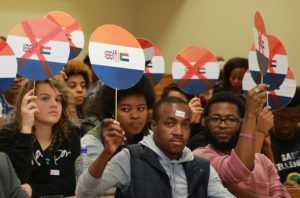
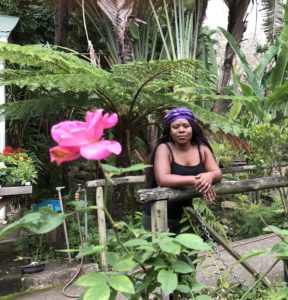
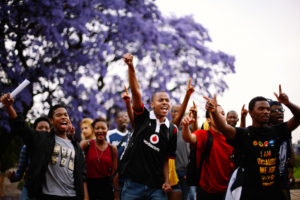

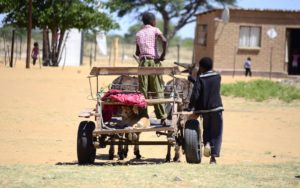
As long as you methodically exclude deserving white students, I will not contribute one cent to your fund.
Let the governmet do so, these are the people who voted for them.
Imizamo yethu is a good initiative to help fund doctors,but shouldn’t it also aim to help other students within the health sciences faculty as well? We also have a new programme,BCMP, which was begun to help lower the doctor:patient ratio,relieve the burden off already existing HCWs and better the health care system in South Africat yet none of the initiatives are aimed at helping them. They’re hardly even considered for any bursary if none at all.